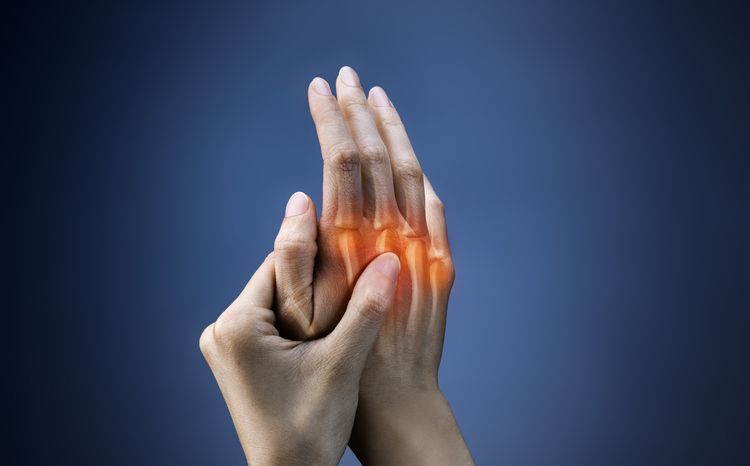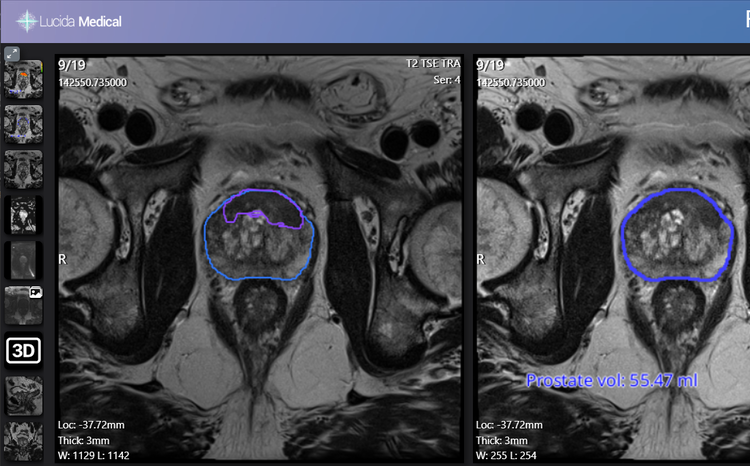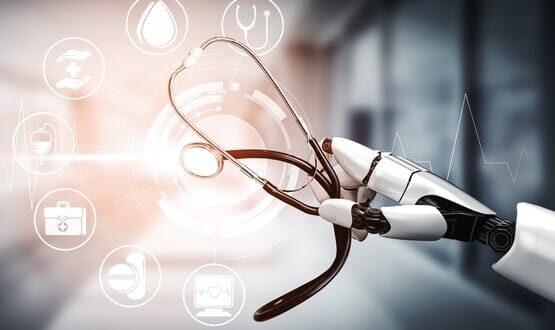Medopad lends machine learning know-how to US medical academy
- 29 January 2018

A British health tech start-up has signed a Memorandum of Understanding (MoU) with Johns Hopkins University to explore new healthcare solutions using machine learning and patient monitoring technologies.
Medopad, a London-based digital health firm specialising in patient monitoring apps and data analytics, will lend its technical expertise to the US university’s Global mHealth Initiative and Technology Innovation Centre with the aim of developing new solutions for improving patient care.
These will focus primarily around predictive healthcare and population health monitoring, for both identifying at-risk patient populations as well as for supporting the early identification of epidemics and outbreaks.
Medopad’s platform will also be used to develop decision support solutions for staff and health workers based on patient data, in additional to providing educational apps targeting patients and care providers.
Through the MoU, the organisations will develop a framework for assessing how Medopad’s technology could be used to support the university’s Global mHealth Initiative, which seeks to find new ways of supporting health and care using mobile technologies.
Dr. Paul Nagy, deputy director of Johns Hopkins Medicine Technology Innovation Centre, said: “We’re excited to see what the future holds for public health and technology at Johns Hopkins with Medopad, a global leader in patient engagement. Medopad’s expertise and track record speaks volumes about the potential for even more valuable innovations for delivering better patient care.”
Medopad has proved a British success story in the digital health circuit, boasting clients including Bupa and HCA Healthcare in addition to NHS trusts Royal Free London, Guy’s and St Thomas’, Bart’s and Chelsea Westminster.
Part of the company’s ambition is using machine learning to address the challenges associated with disease detection, preventative healthcare and patient misdiagnosis – fairly typical of current machine learning applications within clinical environments.
Dan Vahdat, co-founder and CEO of Medopad, said: “We are delighted to work alongside Johns Hopkins – a prestigious, globally renowned institution. By combining our resources and expertise we will be able to create innovative mobile health solutions and improve patient care on a global scale.”




